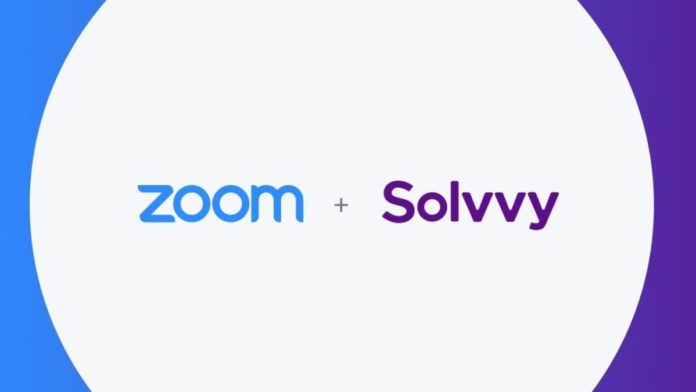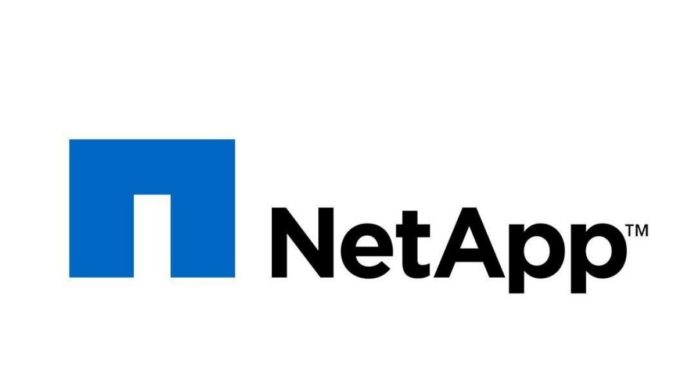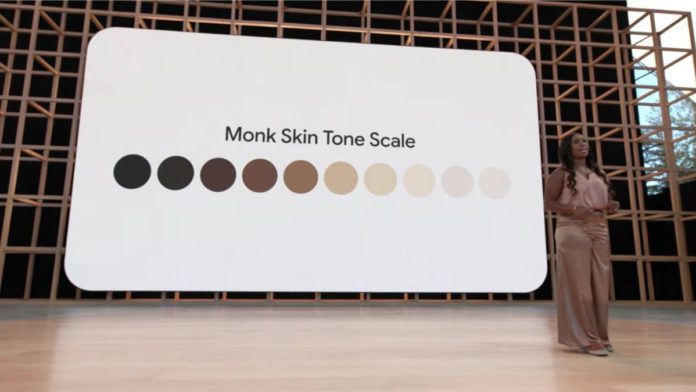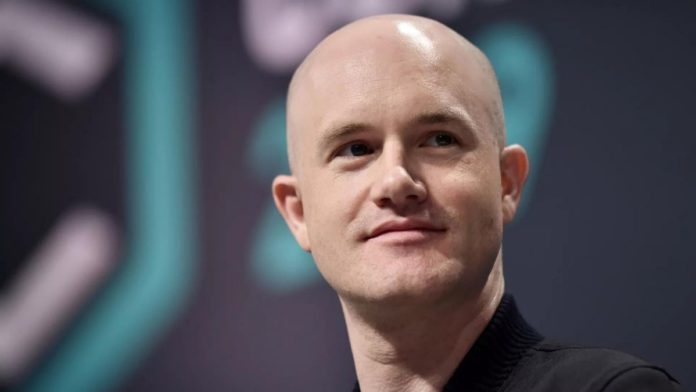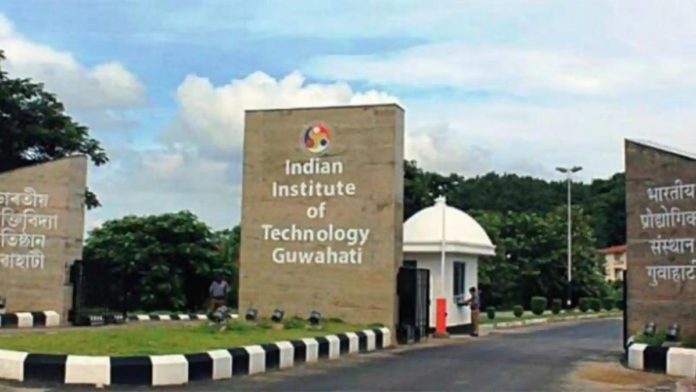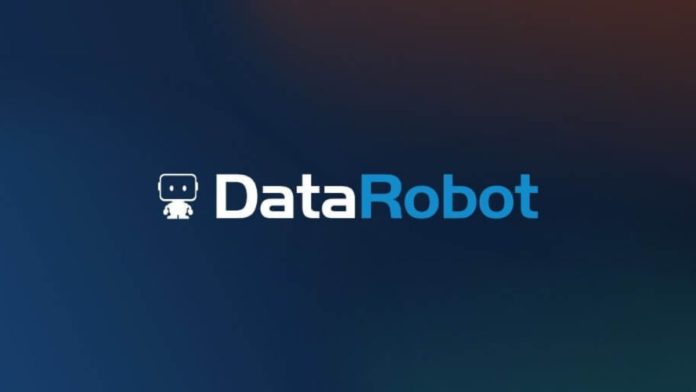Communication platform providing company Zoom to acquire conversational AI and automation startup Solvvy.
Zoom plans to use Solvvy’s expertise to offer the best possible customer service to a worldwide company base and move rapidly to seize new contact centers and customer support possibilities.
However, neither company revealed any information regarding the valuation of this recently signed acquisition deal.
Read More: Apple sues Chip startup Rivos for stealing Trade Secrets
The acquisition is a step for the company to further strengthen its newly launched Zoom Contact Center, which aims to redefine the industry using a unique combination of unified communications and customer experience, and Zoom believes that Solvvy’s team can help them achieve its goal.
President of Product and Engineering at Zoom, Velchamy Sankarlingam, said, “The nature of customer experience is transforming fundamentally, as enterprises increasingly need to deliver exceptional, personalized, and effortless customer experiences. Solvvy understands this shift and is the ideal platform to enhance our Zoom Contact Center offering.”
He further added that Solvvy’s differentiated AI and machine learning technology, deep talent team, and a simple-to-deploy solution would aid in accelerating their roadmap to providing concierge-level service to consumers around the world.
Moreover, Zoom recently launched its artificial intelligence-powered solution called ZoomIQ, which focused on assisting organizations’ sales teams. The AI-enabled tool can be used to analyze sales meanings and leads to generate actionable insights, helping sales teams to make better data-driven decisions.
United States-based machine learning startup Solvvy was founded by Justin Betteridge, Mahesh Ram, and Mehdi Samadi in 2013. It is best known for its Solvvy for Support solution that provides a superior self-service platform that boosts customer happiness while lowering expenses. To date, the startup has raised more than $16 million from investors like Scale Venture Partners, True Ventures, and others over two funding rounds.
“Zoom’s Contact Center brings the same level of scalability, simplicity, and respect for the end-user, making Zoom the premier communications platform for businesses worldwide. When combined with our modern tech stack, talented team, and AI expertise, we believe we can fundamentally transform the customer experience,” said CEO and Co-founder of Solvvy, Mahesh Ram.
He also mentioned that Zoom’s substantial technical knowledge, industry-leading platform, and worldwide reach would allow them to expand their influence on existing customers while also serving new ones.


